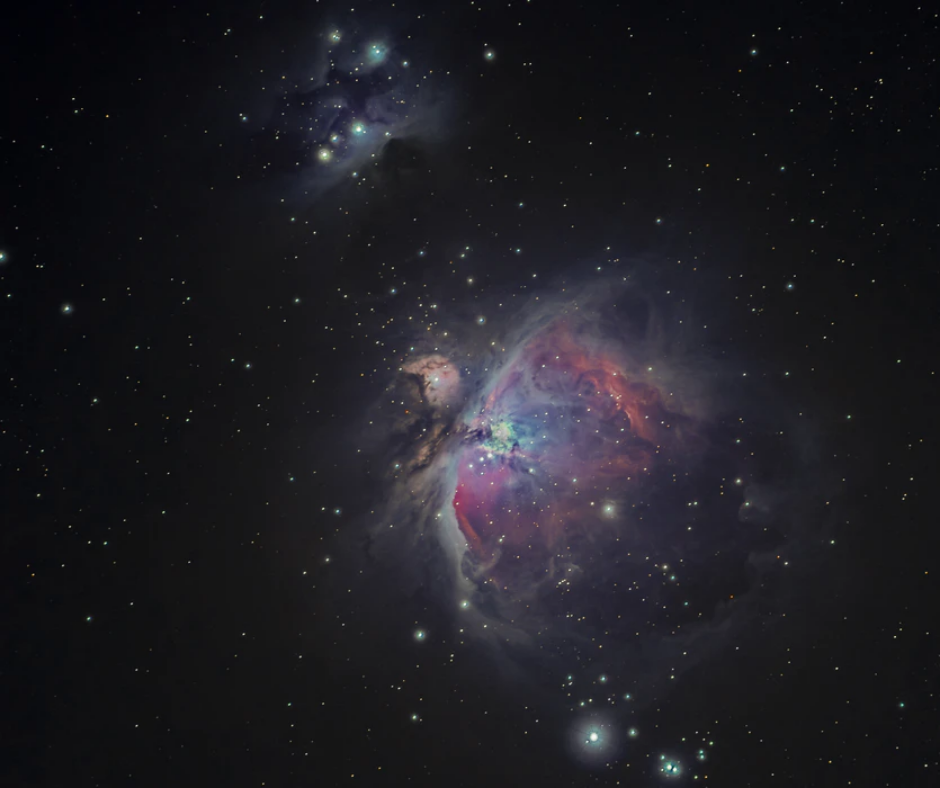I learned a phrase in school: creatio ex nihilo.
It’s Latin, so it made me feel smart. So much so, I was ready to own it before I understood it. It means “created out of nothing” and refers to how the world was made. God created it, the story goes, out of nothing.
Creatio ex nihilo is a cosmological myth.
These are ancient stories about how things came to be. Now, of course, science has given us a more accurate story about the beginning of things. But that doesn’t make myths un-true. They’re just true in a different way. Myths take an important idea, wrap it in a story, and then layer it with generations of meaning-making. Myths touch us deeply, below conscious awareness, where they quietly shape our instincts about the way things are.
But creatio isn’t our only cosmological myth. In fact, it stands in stark contrast to another, the God-breath myth. In that story, everything that is, is made out of divine breath, divine words, divine spirit. In essence, everything that is, is made of the divine.
Sure, there was a big bang.
And rapid expansion and cooling. Absolutely.
And stars spitting out the elements in everything. Of course.
But here’s the thing. Ancient myths are the kind of true that captures currents deep inside us. They act like roadmaps, telling us what matters and how to live.
For thousands of years, people have been working with these two origin stories. They’re still inside us, still shaping our instincts.
In the creatio story, everything that is, is made out of nothing. Consequently, stuff—is not that important. Its not that precious. Really, it’s nothing.
In the divine-breath story, everything carries the divine. In that story, stuff is very important. It’s as precious as precious gets.
Funny thing. When the Christian religion took on the job of supporting and defending the Roman Empire, it was convenient to imagine that stuff is nothing. Once our job was to justify brutal imperialism, a story about stuff being un-precious was really helpful!
The bodies we are crushing, the people we are enslaving, the land we are grabbing, they’re nothing really. We’re not doing anything wrong. In fact, we’re saving souls. We’re getting these people into heaven after they die. We can feel good about that!
And by the way, the environment? Don’t take care of it. It’s nothing.
Well, you’re probably put off by that story like I am.
What I Learned
When our religious story tells us the earth pulsates with the Divine, that it is holy and sacred, that it is as precious as precious can be—we live differently.
We expect to experience the Divine in the material world. We expect to sense it in nature, in society, in art, and literature, in science and politics. Like St. Francis, we discern the Divine in birds and bugs, sun and moon. We touch the Divine in the food we share, the bodies of our lovers, the smell of our children.
When I updated my framing myth, I began looking for the sacred in the earth I walk on, the legs I walk with. I began to sense the divine in the stuff of my world.
Earth’s crammed with heaven,
And every common bush afire with God;
But only he who sees, takes off his shoes,
The rest sit round it and pluck blackberries
– Elizabeth Barret Browning
